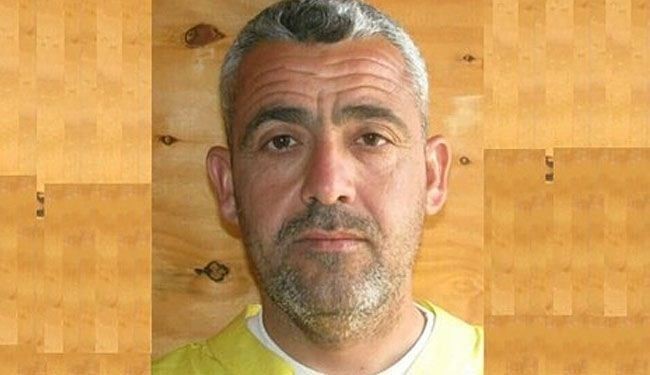While a coalition airstrike killed Fadhil Ahmad al-Hayali, the number two man in the Islamic State (IS), a counterterrorism analyst downplays the impact of his death on the group's operations. But an American National Security representative says otherwise.
Al-Hayali is the senior deputy to IS leader Abu Bakr al-Baghdadi. According to Ned Price, spokesman of the National Security Council, the slain IS leader was "a primary coordinator for moving large amounts of weapons, explosives, vehicles and people between Iraq and Syria," reports Livemint.
He was killed by an airstrike on August 18 while aboard a vehicle near Mosul, the White House claimed. He is also known as Hajji Mutazz in his role as in charge of IS operations in Iraq, primarily planning operations, including the takeover of Mosul in June 2014, said Price.
Harleen Gambhir, counterterrorism analyst, said that al-Hayali's death is not necessarily a significant blow to the IS because over the past few months, the terrorist organization has grown in military might and governance infrastructure, providing it with a deep bench to sustain incidents like what happened to the IS leader.
It may, however, cause a short operational pause on IS operations, although Gambhir still doubts that because of the Islamic State's ability "to implement very robust transition strategies for its senior military commander."
Al-Hayali was erroneously reported to have been killed in November by airstrikes. Before he joined IS, he was an officer in Iraqi dictator Saddam Hussein's army and eventually joined the al-Qaeda in Iraq.
Price belied Gamhir's assessment, insisting that "Al-Hayali's death will adversely impact ISIL's operations given that his influence spanned ISIL's finance, media, operations, and logistics."




























